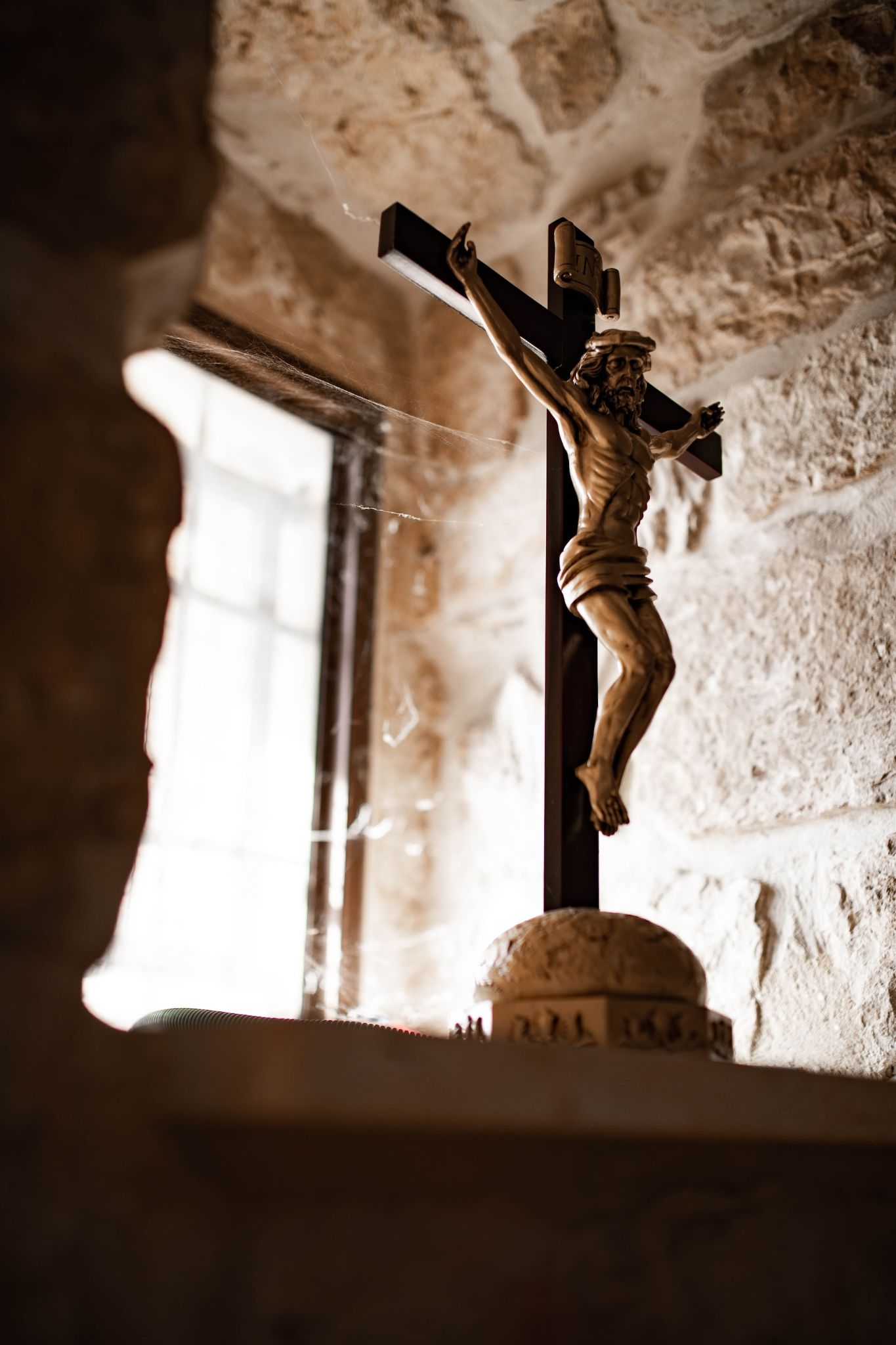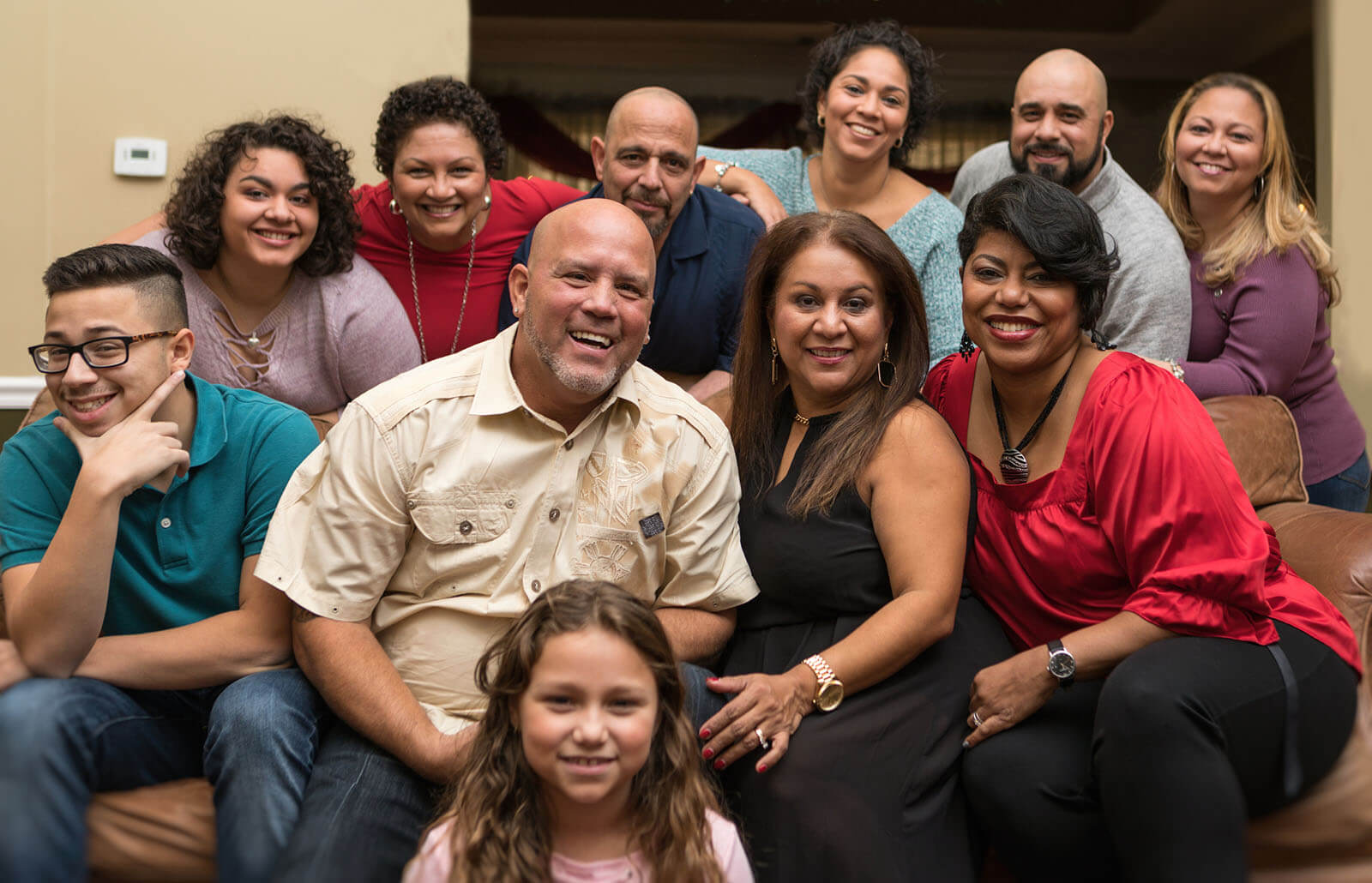Culture in Puerto Rico: Learn Their Customs and Tradition
History of Puerto Rico
The island of Puerto Rico has been vastly understudied with regards to its archaeological history which means very little is known of its earliest inhabitants. Not much has been left behind in the ground by the earliest groups.
In terms of indigenous peoples in Puerto Rico we only really start to have an idea from the second wave of mainland migration of the Caribbean in the form of the Ortoiroid people. These were settlers who left the mainland around 2,000 BC and spread out through the Islands of the Caribbean including Puerto Rico.

It is uncertain where in South America the Ortoiroid peoples may have come from but it is clear that they were coastal people who not only fished for survival but also hunted. They would ultimately be driven from the island by the Saladoid peoples between 430 – 250 BC.
It is thought the Saladoid culture may have originated around the Orinoco River in the region of South America where related peoples still live today.
The next group to arrive were the Igneri tribe around 120 – 400 AD followed by Taino culture who had been in the Caribbean for thousands of years but who only started to make inroads in Puerto Rico in 7th – 11th centuries.
The Taino would become the dominant group on the island, likely absorbing the previous groups in the process building up the unique DNA of the region.
Spanish Arrival
In the space of a few years in the late 1490s Christopher Columbus brought Spanish settlements to almost all of the Caribbean islands and Puerto Rico was certainly no exception. Columbus arrived on the island in November of 1493 and would encounter the Taino as he had already done on other Islands of the Caribbean at the time.
Settlement of Puerto Rico was not as immediate as with some islands but by the start of the 16th century the Spanish were starting settlements and forcing the indigenous population into slave labor. The Spanish concept of the encomienda system gave them authority to use non-Christian indigenous peoples as free labor.
Languages
The island state of Puerto Rico has two official languages, Spanish and English, with Spanish being the most predominantly spoken. In fact only around 10% of Puerto Ricans consider English their main language.
Religion
Knowing Puerto Rico’s history should make it obvious which religion is most common on the island. With Spanish colonization came the Roman catholic faith which remains Puerto Rico’s main faith with at least 56% of the population being affiliated.

Under the Spanish the protestant faith was suppressed, although it existed. Since the United States has made the island a US territory however Protestantism has seen a resurgence and roughly 33% of the population now identifies as protestant.
Family Culture
Traditionally speaking a Puerto Rican family unit is one which is tight-knit and expands beyond the immediate family into the more expanded family. The focus of the family will tend to be on a patriarch and traditionally in Puerto Rican culture the father is the head of the immediate family.
It is expected that all individuals in the family, even extended members should be willing to help each other when needed. This is what helps keep family ties strong and even when family may live hundreds of miles away they can be relied upon to serve as host to visiting relatives.

Celebration of traditional festivals and family milestones are generally the cause for big family gatherings. Through this connection to family the older generation tries to instill in the younger the importance of honor, good manners and respect for their elders.
These traditions hold strongest in the predominantly Spanish speaking regions but as families expand into other countries through migration this traditional sense of family does start to wane. Often within a few generations use of the Spanish language decreases and the close-knit nature of Puerto Rican culture may start to drift away as well.
Puerto Rican Naming Practices
In some cultures you will find patronymic or matronymic names used as family names; these are names that are passed either from the father or the mother. They are often based on the given name of the respective parent.
In Puerto Rican culture the naming practice follows that of Spain which does not choose the name of just one parent. A person's name would be as such: .personal name(s). .father’s (paternal) family name. .mother’s (paternal) family name..

In essence a person's family names are a combination of their two grandfathers' family names. Their name may be Rosa Dolores Alverío Marcano. In terms of personal names a person may have more than one given name the first of which would be gender specific while the second does not have to be. For example Rosa Alejandro Alverío Marcano.
Do Women Take Their Husband's Names When They Marry?
Traditionally, Puerto Rican women do not lose their maiden names when they marry. Some women may choose to add their married name to the end of their other names. If this is done then often her own names and those of her husband are separated by the word “de.” A married woman’s name might look like the following: Rosa Dolores Alverío Marcano de Perez.
Assimilated Culture
Wherever the Spanish colonized there existed indigenous peoples who were generally conquered and forced into slave labor. These indigenous peoples would often integrate into the new Spanish colonies such as Puerto Rico. Despite this some groups would remain together practicing their traditional languages and beliefs.
In much of the Hispanic world and certainly in Puerto Rico the traditions of Spain have blended somewhat with those of the indigenous peoples who came before. The culture of Puerto Rico as a whole then will be based on the dominant religions, with some indigenous influences.
Traditional Puerto Rican Events
There are several annual events that take place in Puerto Rico including:
- San Sebastián Street Festival
- Casals Festival
- Three Kings Day
- Three Kings Day
- Festival de la Piña Paradisíaca
- Festival de la Piña Paradisíaca
- Fiesta de los Reyes Magos
- Carnaval de Ponce
Final Thoughts
A territory of the United States, Puerto Rico maintains the language of the Spanish colonizers that arrived hundreds of years ago. Today it blends the older European influences with some indigenous beliefs and the newer influence of the United States.
Many of the island's traditions are influenced by the Catholic church and the growing Protestant faith on the island.
Link To or Reference This Page
We spent a lot of time downloading, cleaning, merging, and formatting the data that is shown on the site.
If you found the data or information on this page useful in your research, please use the tool below to properly cite or reference Name Census as the source. We appreciate your support!
-
<a href="https://namecensus.com/blog/culture-in-puerto-rico-learn-their-customs-and-tradition/">Culture in Puerto Rico: Learn Their Customs and Tradition</a>
-
"Culture in Puerto Rico: Learn Their Customs and Tradition". NameCensus.com. Accessed on May 8, 2024. https://namecensus.com/blog/culture-in-puerto-rico-learn-their-customs-and-tradition/.
-
"Culture in Puerto Rico: Learn Their Customs and Tradition". NameCensus.com, https://namecensus.com/blog/culture-in-puerto-rico-learn-their-customs-and-tradition/. Accessed 8 May, 2024
-
Culture in Puerto Rico: Learn Their Customs and Tradition. NameCensus.com. Retrieved from https://namecensus.com/blog/culture-in-puerto-rico-learn-their-customs-and-tradition/.
